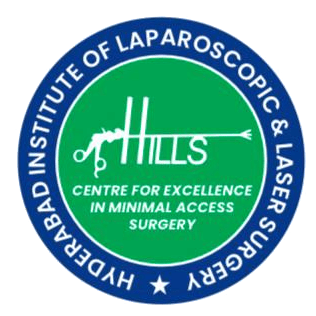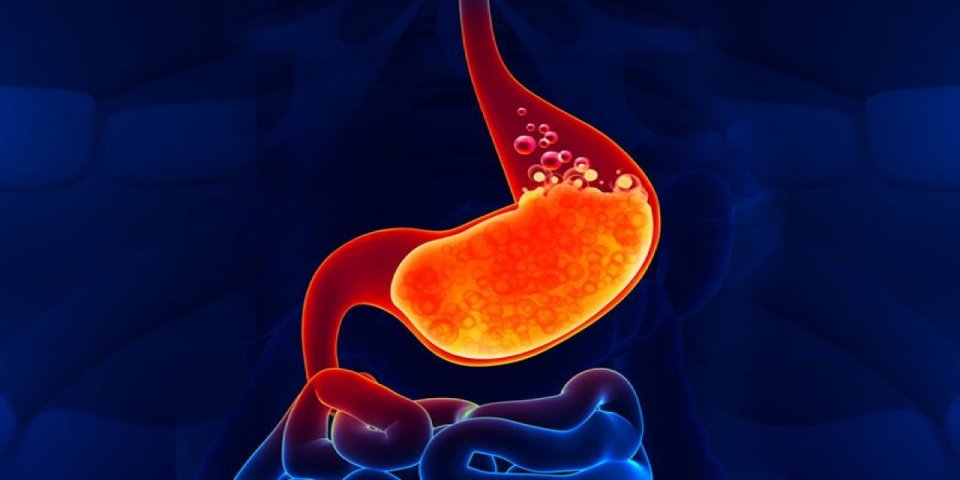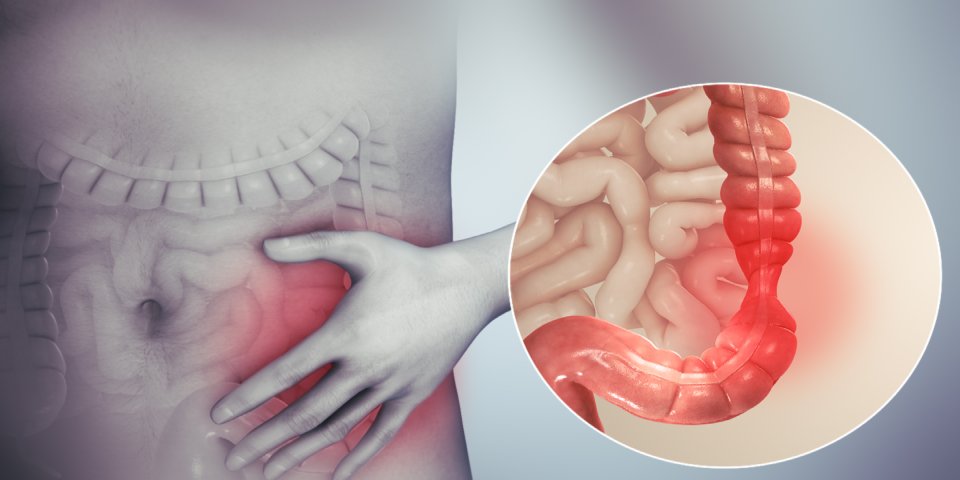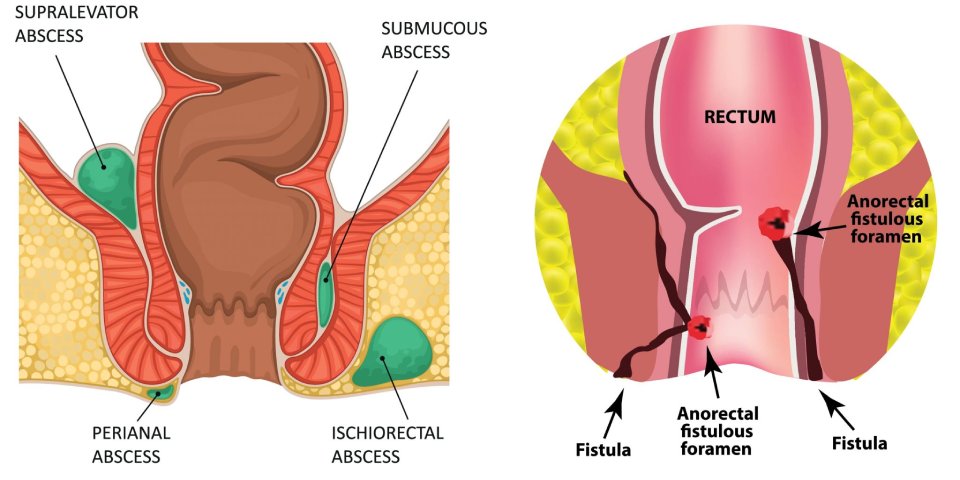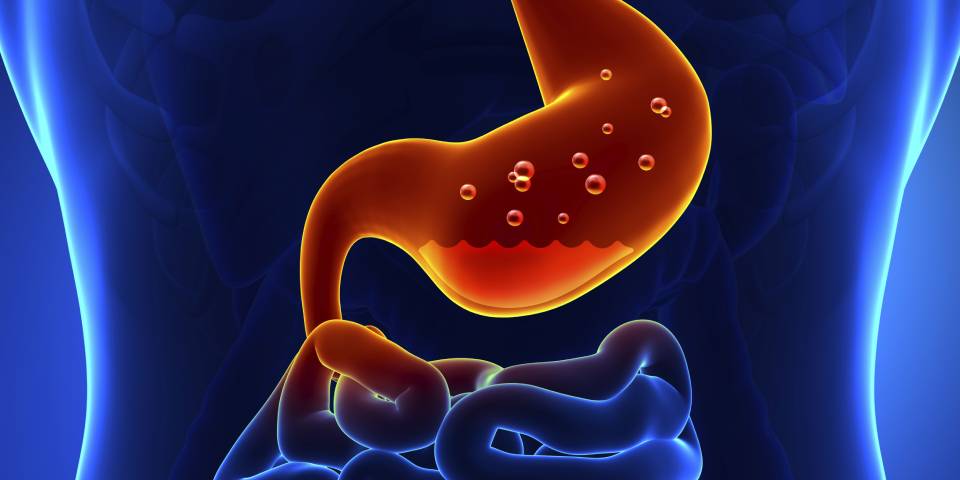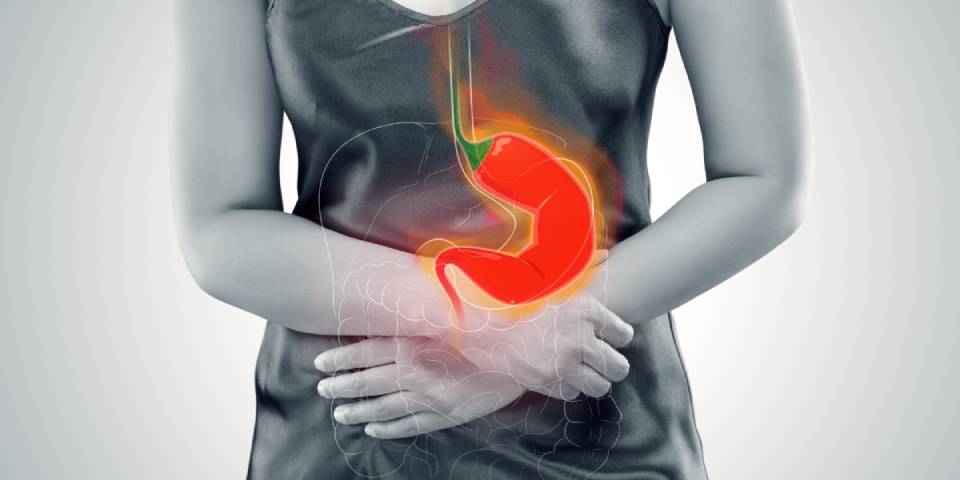Gastroesophageal reflux disease (GERD) can disrupt your daily life with symptoms like heartburn, chest pain, and acid regurgitation. While medications and lifestyle changes often provide relief, what happens when these treatments fail? Should you consider surgery for GERD? For patients in Hyderabad seeking advanced care, surgical options like laparoscopic fundoplication may offer lasting solutions. Dr. N.S. Babu, one of the best laparoscopic surgeons in Hyderabad, specializes in GERD treatment surgery. Surgery is typically recommended for severe cases where medicine dependence, complications like Barrett’s esophagus, or ongoing signs limit your quality of life. With advanced techniques available at leading clinics in Hyderabad, such as Apollo Hospital, GERD surgery can restore comfort and improve health outcomes effectively.
Understanding GERD: When Do Medicines Fail?
GERD is often managed with:
- Dietary changes (avoiding spicy/oily foods).
- Weight loss.
- Antacids or proton pump inhibitors (PPIs).
However, if symptoms like heartburn, regurgitation, or difficulty swallowing persist even after 6–12 months of consistent treatment, surgery might be the next step. Long-term reliance on medications can also lead to side effects like kidney issues or nutrient deficiencies, making surgery a safer option.
When to Consider Surgery for GERD:
Persistent Symptoms Despite Medication:
If you’ve been taking proton pump inhibitors (PPIs) or other GERD medications regularly but still experience symptoms, surgery might be a viable option. Dr. N.S. Babu, a renowned gastroenterologist surgeon in Hyderabad, suggests that patients who rely heavily on medications without adequate relief should consider surgical alternatives.
Complications of GERD:
Long-term GERD can lead to serious complications such as:
- Oesophageal strictures
- Barrett’s esophagus
- Oesophageal cancer
If you’ve developed any of these conditions, your doctor might recommend surgery to prevent further damage.
Desire to Stop Long-term Medication Use:
Some patients prefer not to take medications indefinitely due to potential side effects or personal preferences. GERD surgery can offer a more permanent solution, reducing or eliminating the need for ongoing medication.
Lifestyle Limitations:
When GERD signs severely restrict your everyday activities, diet choices, or sleep patterns despite conservative measures, surgery can provide relief and enhance your overall quality of life.
Hiatal Hernia:
A hiatal hernia (stomach pushing into the chest) often worsens GERD. Surgery repairs the hernia and strengthens the esophageal valve.
Dependency on Medications:
If you’ve used PPIs for years and fear long-term risks, surgery offers a permanent fix.
Types of GERD Surgery Available in Hyderabad:
Laparoscopic Fundoplication:
This minimally invasive procedure is the most common surgery for GERD. During the procedure, the surgeon covers the upper part of the abdomen near the lower esophagus to strengthen the lower esophageal sphincter. Dr. N. S Babu gastro surgeon & laparoscopic surgeon at Apollo Hospital in Hyderabad is experienced in performing this procedure.
LINX Device Placement:
This innovative technique involves implanting a small magnetic ring around the esophagus to prevent acid reflux while allowing food to pass. Some of the best gastro care clinics in Hyderabad including those at Evoke Clinic offer this advanced treatment option.
Endoscopic Procedures:
Several endoscopic techniques can help strengthen the oesophageal sphincter without invasive surgery. These include:
- Endoscopic Full Thickness Plication (GERD-X)
- Anti-reflux mucosectomy (ARMS)
- Transoral incisionless fundoplication (TIF)
Why Choose Hyderabad for GERD Surgery?
Hyderabad is home to advanced gastrocare clinics and skilled surgeons like Dr. N.S. Babu is a renowned laparoscopic surgeon affiliated with Apollo Hospital Hyderabad and Evoke Clinic. These centers offer:
- Cutting-edge technology for precise diagnosis and treatment.
- Affordable costs compared to other metros.
- Personalized care with minimal recovery time.
At Apollo Hospital Hyderabad, patients receive holistic care, from pre-surgery counseling to post-op diet plans.
Benefits of GERD Surgery:
Opting for GERD treatment surgery in Hyderabad can offer several advantages:
- Long-term relief from acid reflux symptoms
- Reduced or eliminated the need for medications
- Lower risk of GERD-related complications
- Improved quality of life
How to Prepare for GERD Surgery:
- Consult a Specialist: Book an appointment with a gastroenterologist surgeon in Hyderabad like Dr. N.S. Babu. Tests like endoscopy or pH monitoring will determine if surgery suits you.
- Discuss Risks and Benefits: While rare, risks include bloating or difficulty swallowing. Most patients, however, resume normal activities within 2 weeks.
- Post-Surgery Care: Stick to a soft diet initially and avoid heavy lifting. Regular follow-ups ensure a smooth recovery.
Schedule a Consultation:
If you’re struggling with chronic GERD symptoms that don’t respond to medication or lifestyle changes, it may be time to consider surgical options. Consult with a skilled gastroenterologist in Hyderabad, such as Dr. N. S Babu at Apollo Hospital or Evoke Clinic, to discuss your symptoms and determine if surgery is the right choice for you. Remember, early intervention can prevent complications and significantly improve your quality of life.
By exploring advanced GERD treatment options available in Hyderabad, you can take an important step towards lasting relief and better digestive health.
